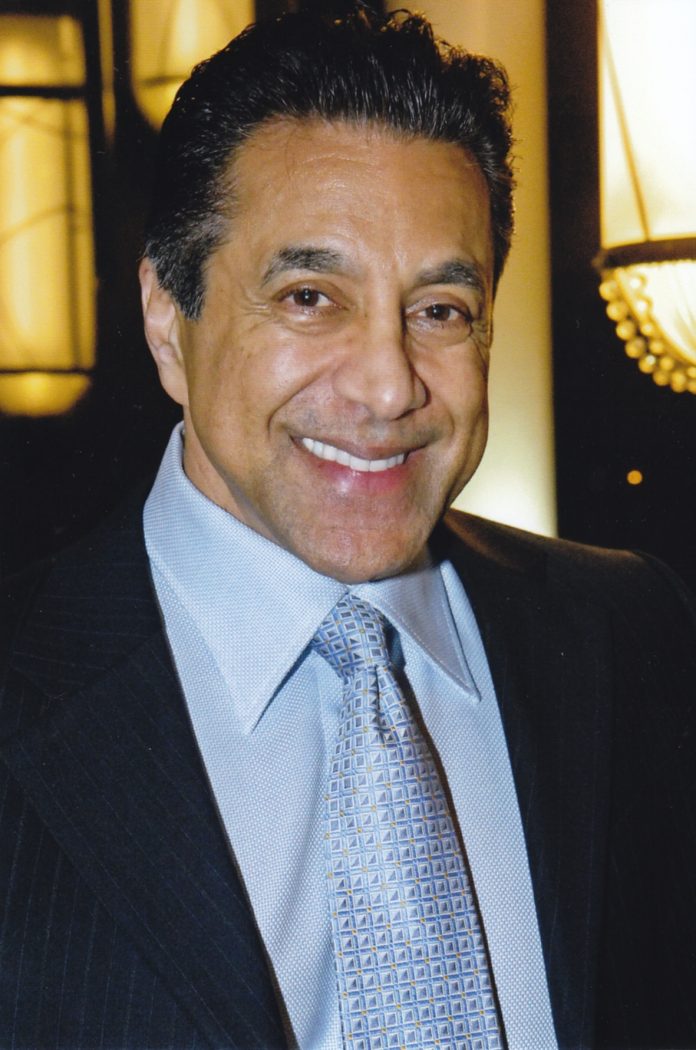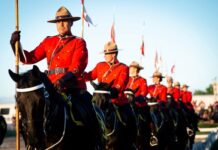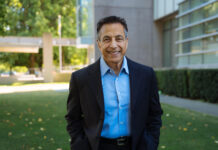From our vantage point here in Canada, the thought of living amidst this kind of carnage is as confusing as it is infuriating
BY KASH HEED
Former Solicitor General of B.C.
IN the immediate aftermath of two more gun-related tragedies in the U.S. — resulting in a total of 29 dead (including 19 children) and several injured — I turned to my archives to review an opinion piece I penned in 2012 just days after the horrific Sandy Hook Elementary School shooting. In that incident, the 20-year-old shooter left 26 dead, including 20 victims aged either six or seven years old.
At the time, as both a father of a young daughter and as an elected official, I lamented about stateside politicians who were unmotivated to appropriately respond due to “national polling … of less than 50 per cent of Americans supporting … limitations on their gun rights.”
It is now almost a decade later, and despite mass shootings that are now commonplace in the daily lives of Americans, public opinion hasn’t seemed to move on gun control. According to a Gallup poll from earlier this year, only 37 per cent of Americans are “dissatisfied” with gun laws and in favour of stricter measures.
I use the term “commonplace” because of the extreme outlier that the U.S. is when it comes to public shootings in which four or more people are killed. Between 1998 and 2019, there were an astonishing 101 of these kinds of events south of the 49th parallel. The country in second place over the same timeframe is France, with eight. In fact, the combined number of similar incidents in the next 17 countries on the list doesn’t even come close to adding up to half of the U.S. total.
Even polling that shows 89 per cent of Americans are in favour of universal background checks for gun purchases isn’t registering with the same emphatic support at the ballot box. Two 2016 proposals to expand background checks in Nevada and Maine (the former with an ethnically diverse population and the latter with an overwhelmingly Caucasian citizenry) barely passed by one per cent, and failed by 3.6 per cent, respectively. Both jurisdictions, which are considered political swing states, resulted in slim victories for Democratic presidential candidate Joe Biden in 2020.
There is little political impetus for Republican holdouts or even Democratic contenders in battleground races to change course against a backdrop of such tepid public support for change.
Combined with undue influence over campaign financing by the gun lobby, ongoing legislative gridlock through Senate filibustering offering veto power to small rural states and the most divisive political climate in American history, the U.S. is little more than a perpetual wasteland for gun violence.
The 2022 context for this sad state of affairs is truly inexplicable: Before Tuesday’s massacre, there were at least 39 other shootings in grade schools, colleges and universities in 2022. We haven’t even reached the halfway point of the calendar year.
From our vantage point here in Canada, the thought of living amidst this kind of carnage is as confusing as it is infuriating. Indeed, this is the prevailing reaction from around the world. In countries like Britain and Australia, mass shooting events resulted in tougher firearm laws, which directly resulted in less gun violence in subsequent years.
Meanwhile, 30 per cent of Americans own at least one firearm, access to guns in the U.S. (including semi-automatic rifles legally purchased by the Texas shooter) often requires no background check due to lax enforcement and major regulatory loopholes, and American gun homicides per 100,000 people come in at just under four (in contrast to every other country in the world that sit at far less than one).
The country’s inevitable naval-gazing that happens after an incident like the Uvalde, Texas, school shooting is the constant in the debate on gun control, which has raged for decades. In other words, this week’s national address by President Biden talking about standing up to the gun lobby in the wake of such a tragedy, amounts to little more than political theatre. I don’t doubt the sincerity of his sentiments. I do, however, understand that political will and courage in the face of such public ambivalence is non-existent.
Mass killings are a reality of daily life in the U.S., which is a phenomenon that Americans seem willing to accept.
Kash Heed spent 32 years in law enforcement before becoming B.C.’s solicitor general. He now works as a public safety and security consultant.
(This opinion piece first appeared in Vancouver Sun on May 27)













